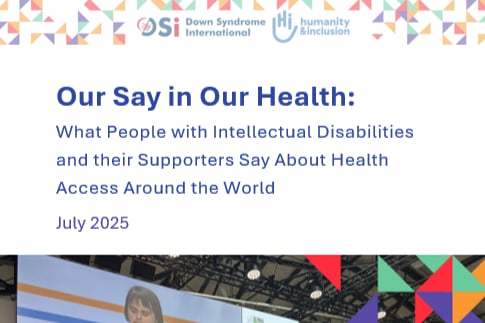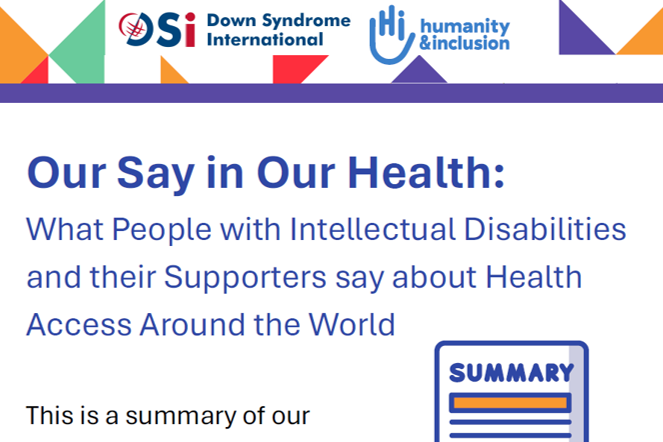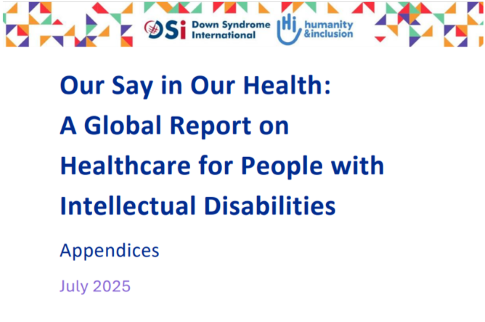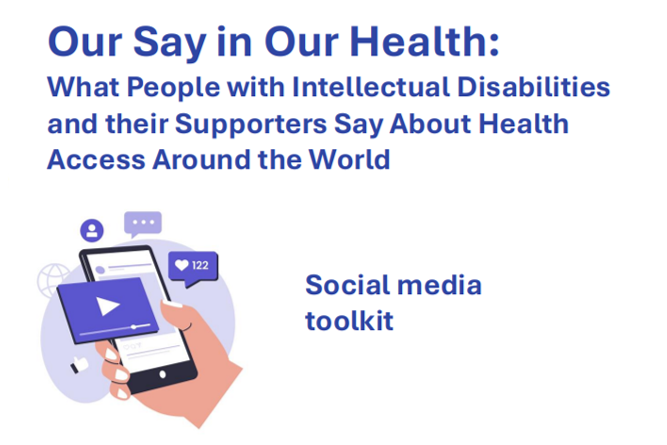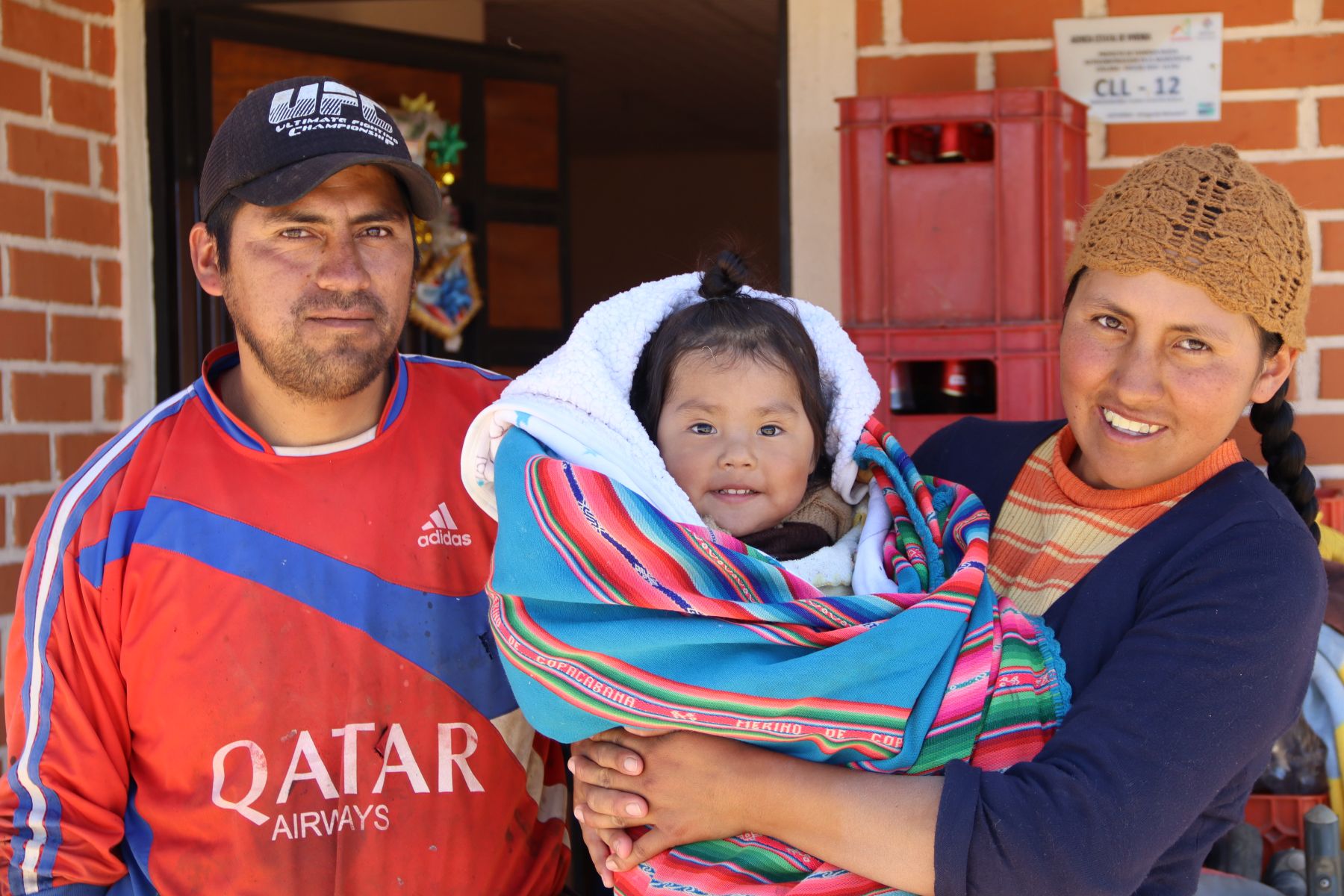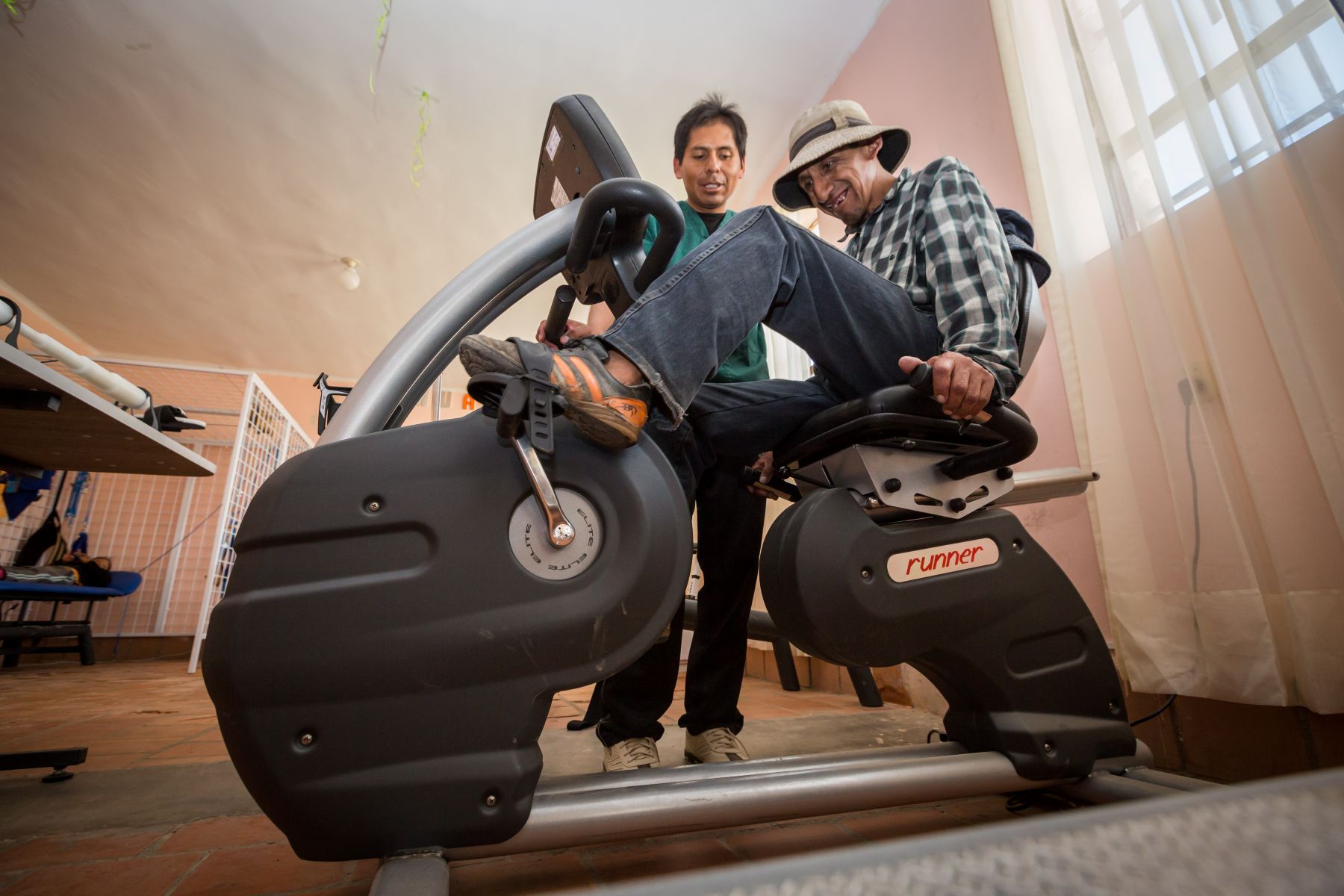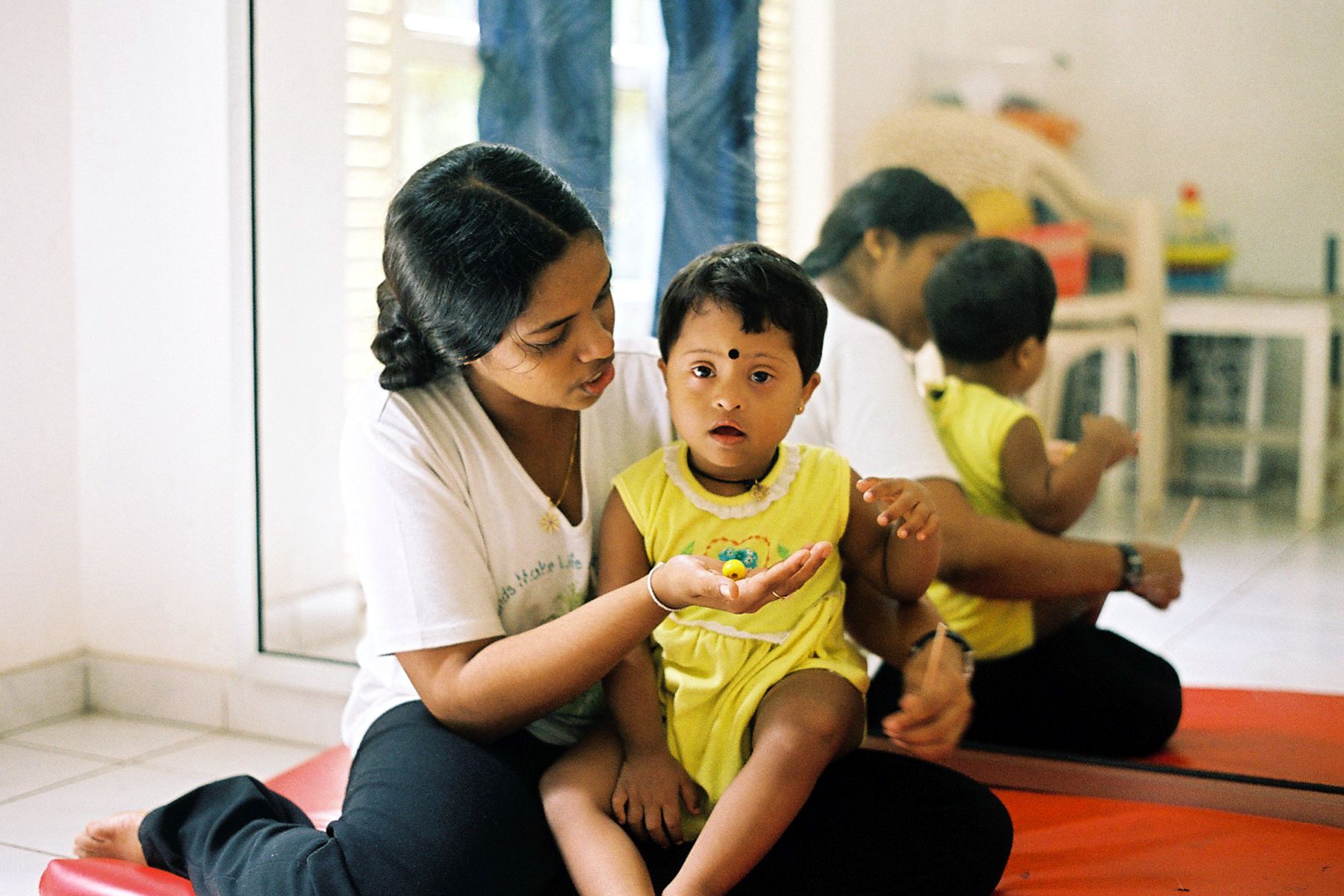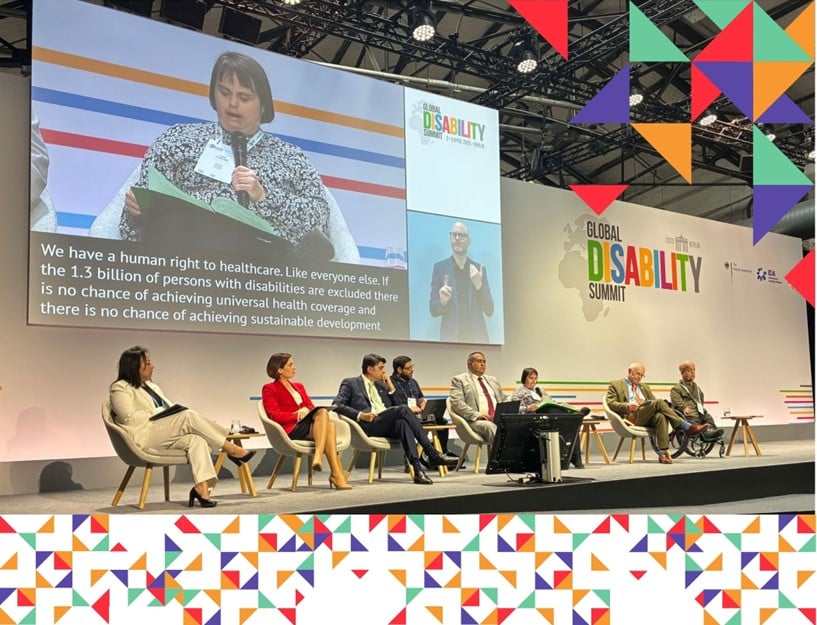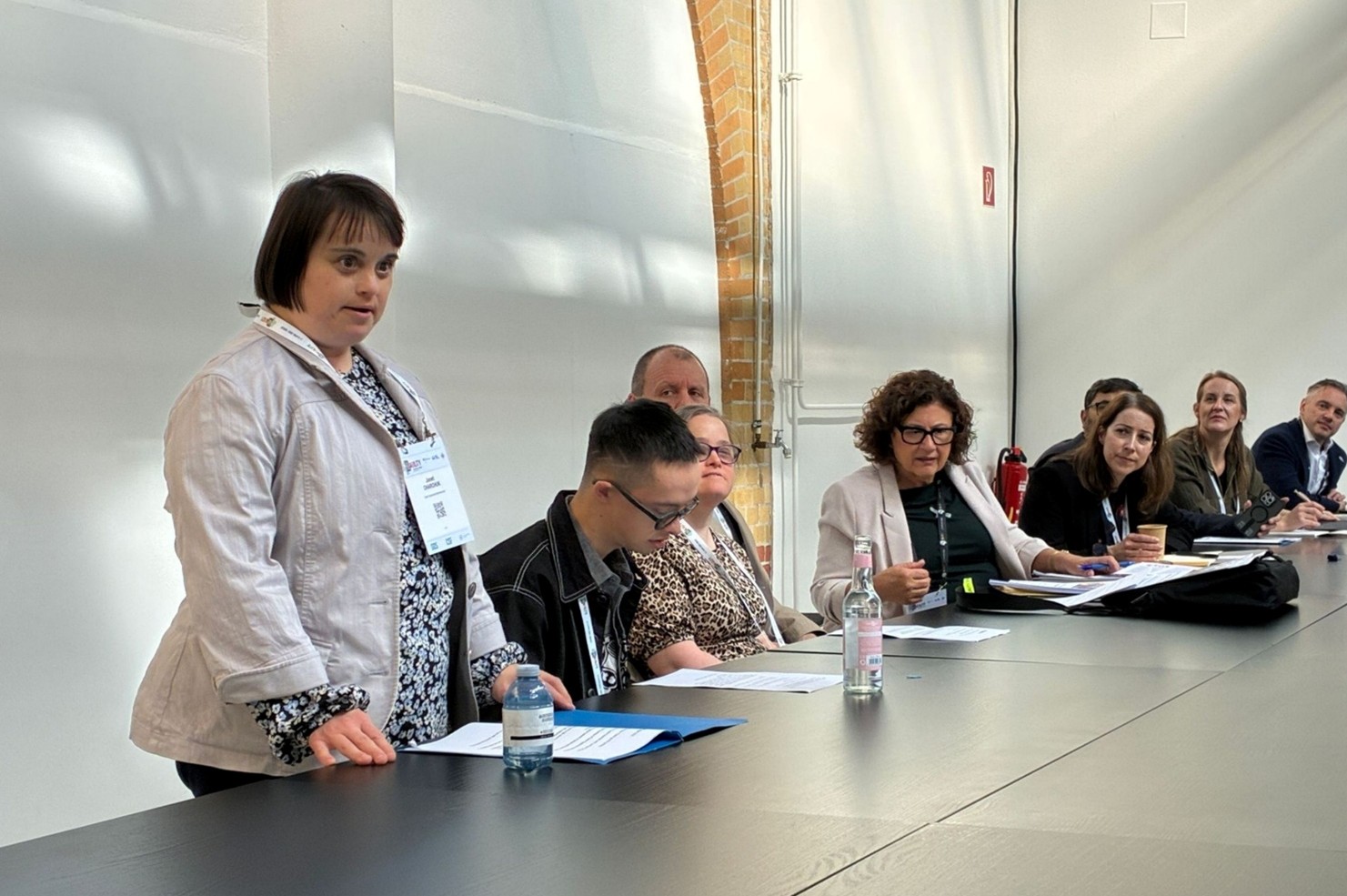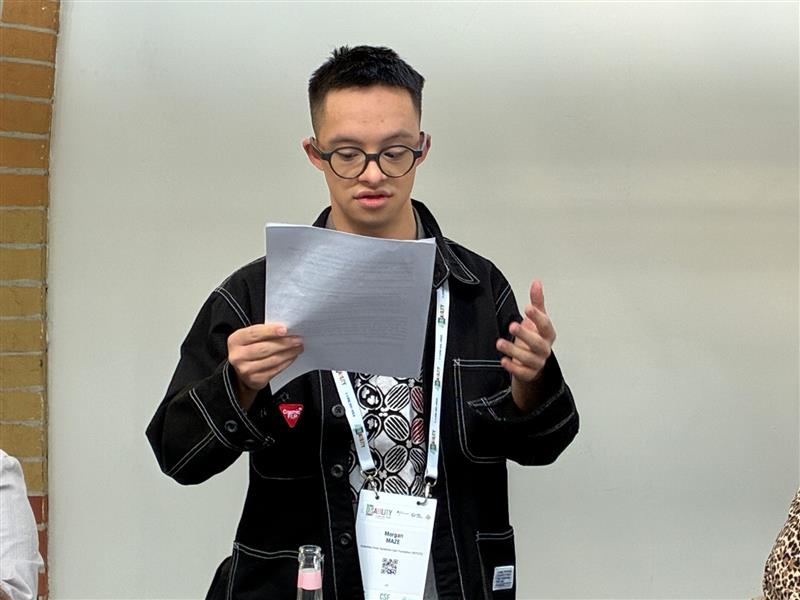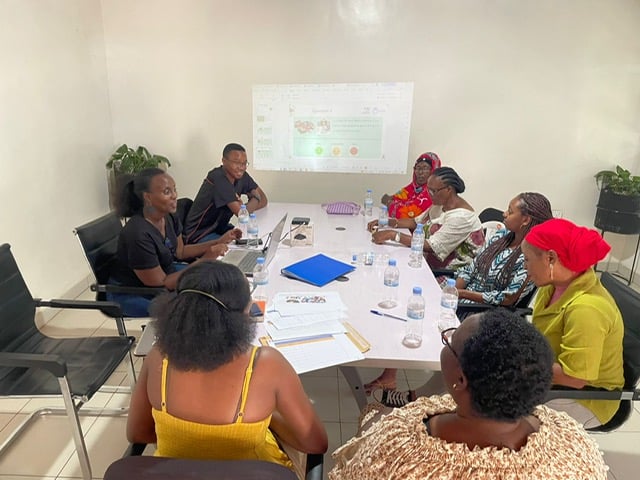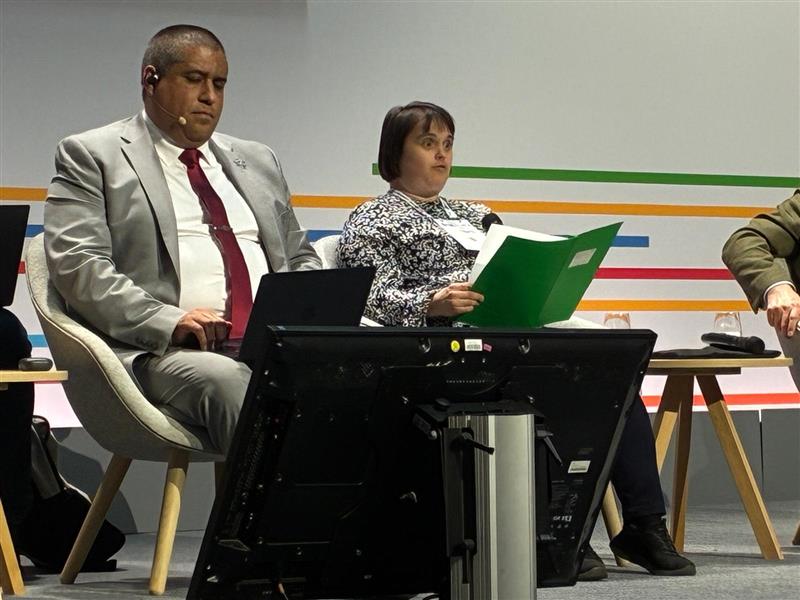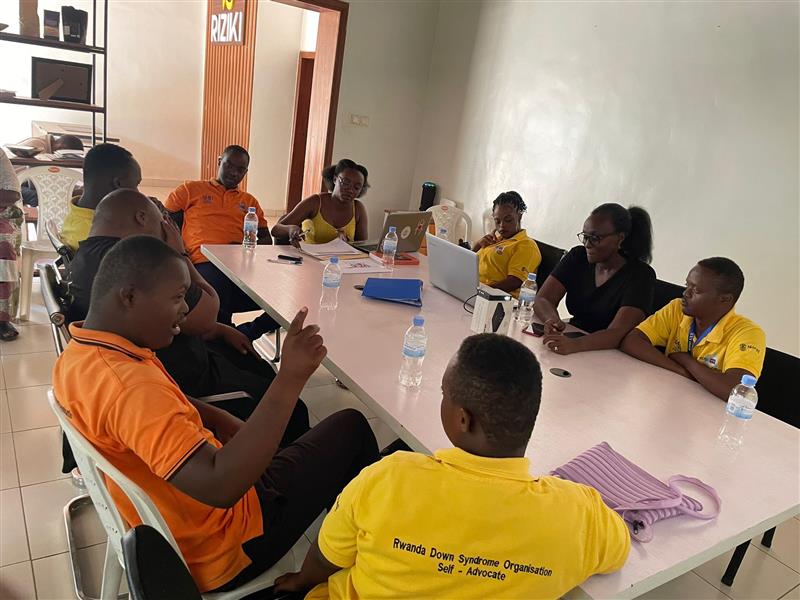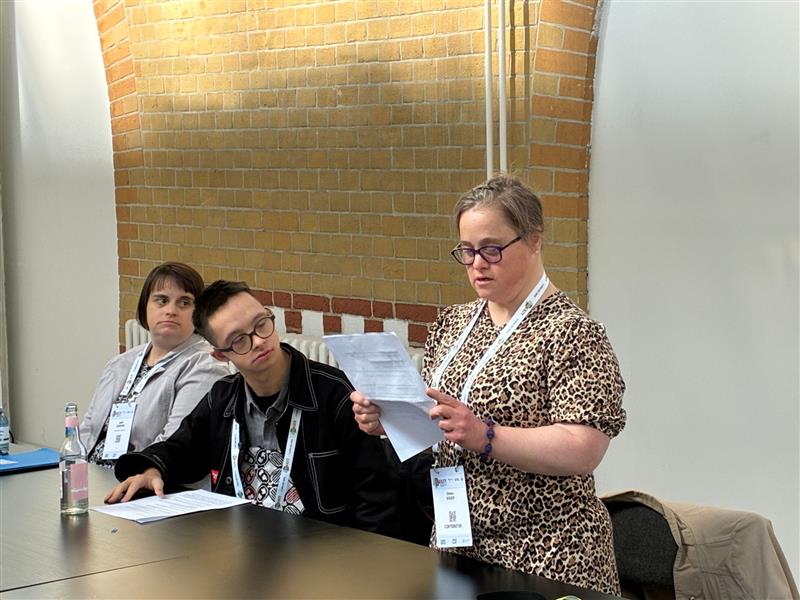Summary
People with intellectual disabilities face some of the starkest health inequities in the world today. These inequities are systemic and widespread, resulting in poorer health, reduced life expectancy, and frequent denial of the right to health.
To better understand and address these challenges, in partnership with Down Syndrome International, Humanity & Inclusion conducted a global consultation in 2024 involving over 750 people (including 136 people with Down syndrome and intellectual disabilities, their families and support persons) and 118 organisations (including nearly 50 organisations of persons with disabilities) from more than 100 countries.
The consultation aimed to fill key gaps in the global evidence base, particularly around the real-life experiences of people with Down syndrome and other intellectual disabilities when accessing healthcare. The report analyses barriers and proposes a roadmap for more inclusive health systems.
Inequities are not inevitable. They result from health systems that exclude people with intellectual disabilities from design, delivery, and decision-making. Core causes include the absence of organisations of persons with disabilities (OPDs) in health governance, the lack of inclusive tools and training, and insufficient data to make gaps in health access and outcomes visible. This report sets out a vision of inclusive healthcare systems where services are accessible, person-centred, and co-designed with people with intellectual disabilities and their representative organisations.


